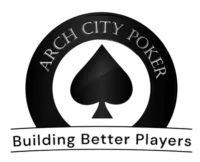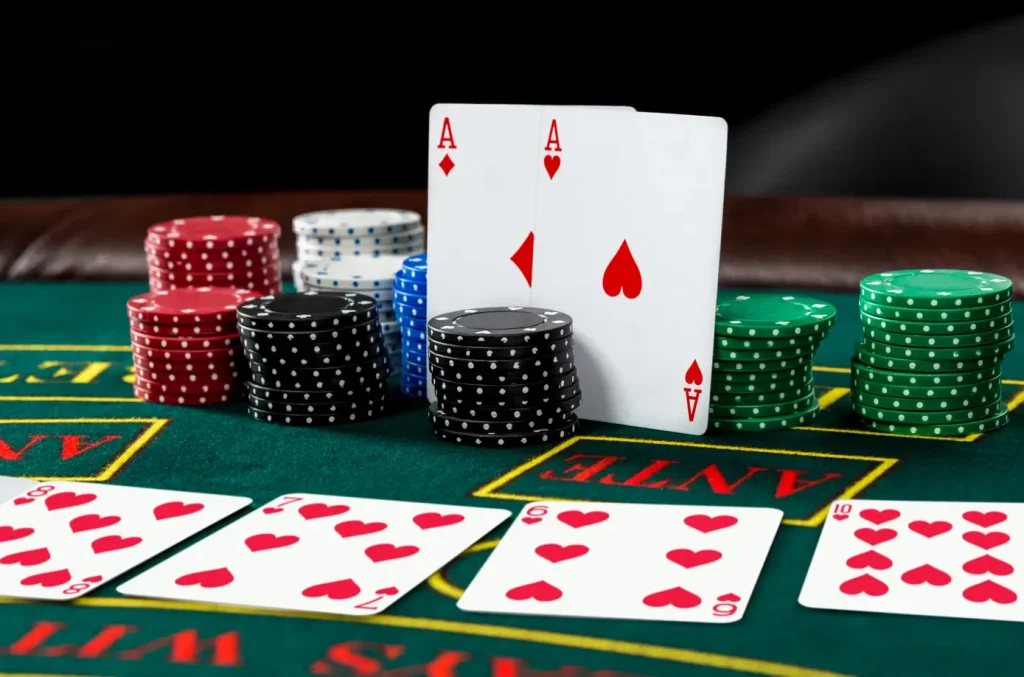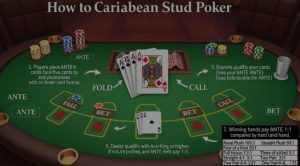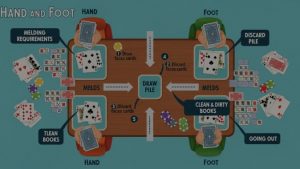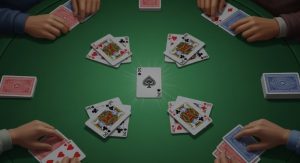The best poker training combines theoretical knowledge with practical application through multiple learning formats that accommodate different learning styles and skill levels. Modern training resources utilize video content, interactive tools, and personalized feedback systems that accelerate skill +development for players at every stage.
Online Learning Management Systems
Learning management systems designed specifically for poker training provide structured educational pathways that guide students from basic concepts to advanced strategies. These platforms organize content by skill level and game variant, allowing students to progress systematically through material.
The best poker training platforms feature custom-built learning management systems that track progress, recommend content based on student needs, and provide easy dealing through the extensive video libraries and educational materials.
Video Tutorial Libraries
Video tutorials form the backbone of modern poker training, allowing students to observe decision-making processes in real-time while hearing expert analysis. These libraries typically contain hundreds of hours of content covering every aspect of No Limit Hold’em and Pot Limit Omaha strategy.
Effective video libraries categorize content by topic, skill level, and game type, enabling students to find specific instruction for their current needs. The best training programs update their video libraries weekly with fresh content that covers evolving strategies and new concepts.
Interactive Learning Modules
Interactive modules engage students through quizzes, decision trees, and scenario-based learning that tests comprehension and reinforces key concepts. These tools provide immediate feedback that helps students identify knowledge gaps and areas requiring additional study.
The best poker training incorporates interactive elements throughout the learning process, ensuring students actively participate rather than passively consuming content. This approach increases retention rates and accelerates skill development compared to traditional instructional methods.
Personalized Coaching & Mentorship
One-on-one coaching provides personalized instruction that addresses individual weaknesses and builds upon existing strengths. Professional coaches analyze student play, identify leak patterns, and develop customized improvement plans that target specific areas of concern.
The best poker training often includes access to experienced coaches who have worked with hundreds of students and understand common learning challenges. These coaches provide guidance that adapts to each student’s pace and learning style.
Hand History Reviews
Hand history analysis forms an effective poker training, allowing students to examine their decision-making processes in specific situations. Coaches review hands with students, highlighting alternative lines and explaining the reasoning behind optimal plays.
This review process helps students understand the thought processes that lead to profitable decisions while identifying recurring mistakes that cost money over time. The best training programs encourage students to submit hands regularly for ongoing feedback and improvement.
Live Coaching Sessions
Live coaching sessions provide real-time instruction during actual play, allowing students to receive immediate feedback on their decisions. This format bridges the gap between theoretical knowledge and practical application while building confidence in game situations.
Students benefit from live coaching through improved decision-making speed, better recognition of profitable spots, and increased comfort with aggressive strategies that maximize expected value in cash games and tournaments.
Specialized Training for Different Game Variants
Different poker variants require distinct skill sets and strategic approaches that general training programs may not address adequately. Specialized training focuses on the particular requirements of specific games, providing depth that generalist approaches cannot match.
The best poker training recognizes these differences and provides dedicated instruction for No Limit Hold’em cash games, Pot Limit Omaha, tournament play, and other popular variants that require specialized knowledge.
No Limit Hold’em Training Programs
No Limit Hold’em training covers preflop ranges, post-flop strategy, bet sizing, bluffing frequencies, and opponent exploitation techniques specific to this game format. Students learn to build balanced ranges while developing skills to exploit common opponent weaknesses.
Effective NLHE training progresses from basic concepts like position and hand selection to advanced topics including game theory, optimal play, mixed strategies, and population tendency exploitation that separate winning players from the field.
Pot Limit Omaha Instruction
Pot Limit Omaha requires different strategic thinking due to four-card starting hands, increased drawing possibilities, and pot-limit betting structures. Training programs focused on PLO teach hand evaluation, equity realization, and betting patterns specific to this game.
The best poker training for PLO addresses the increased complexity of this variant through systematic instruction that builds the awareness gradually. Students learn to evaluate four-card combinations, recognize dangerous boards, and manage the increased variance inherent in PLO games.
Technology-Enhanced Training Tools
Modern poker training leverages technology to provide features that traditional instruction cannot offer. These tools include equity calculators, range analyzers, database software, and simulation programs that make learning effective.
Technology integration allows students to explore theoretical concepts through hands-on experimentation while providing data-driven insights that support strategic development. The best training programs incorporate these tools smoothly into their instructional approach.
Equity Calculation Software
Equity calculators help students understand the mathematical foundations of poker decisions by showing how different hands perform against opponent ranges in various situations. This knowledge builds confidence in aggressive plays and informs folding decisions in marginal spots.
Students learn to use these tools for post-session analysis, exploring alternative lines and knowing the long-term profitability of different strategic choices. The best poker training teaches students to interpret equity calculations and apply this knowledge during live play.
Database Analysis Programs
Database software allows students to track their results, identify leaks, and analyze opponent tendencies through statistical analysis of large hand samples. This information provides objective feedback on performance while highlighting areas for improvement.
Training programs that incorporate database analysis teach students to interpret statistics meaningfully and use data to guide strategic adjustments. This approach prevents emotional decision-making while promoting evidence-based strategy development.
Community Learning & Peer Support
Poker training communities provide peer support, strategy discussions, and collaborative learning opportunities that supplement formal instruction. These communities connect students with others at similar skill levels while providing access to more experienced players willing to share knowledge.
The best poker training fosters community engagement through forums, study groups, and regular events that encourage interaction between students. This social component increases motivation while providing different perspectives on strategic concepts.
Strategy Forums & Discussions
Online forums dedicated to poker strategy allow students to discuss hands, share insights, and ask questions about complicated situations. These discussions expose students to different viewpoints while reinforcing learning through teaching others.
Active forum participation helps students articulate their thinking processes while receiving feedback from multiple sources. The best training programs maintain active communities that encourage thoughtful discussion and mutual support among members.
Study Groups & Partnerships
Study groups bring together students at similar skill levels for collaborative learning sessions focused on specific topics or game situations. These groups provide accountability while creating opportunities for deeper exploration of strategic concepts.
Partnership arrangements pair students for mutual review and support, creating ongoing relationships that extend beyond formal training periods. The best poker training facilitates these connections while providing structure for productive study partnerships.
Continuous Learning & Skill Development
Poker evolves continuously as players develop new strategies and exploit previously unknown weaknesses in opponent play. The best poker training emphasizes ongoing education and adaptation rather than presenting fixed strategic approaches.
Successful training programs update their content regularly while encouraging students to remain curious and continue learning throughout their poker careers. This mindset prevents stagnation while promoting long-term improvement and adaptation to changing game conditions.
